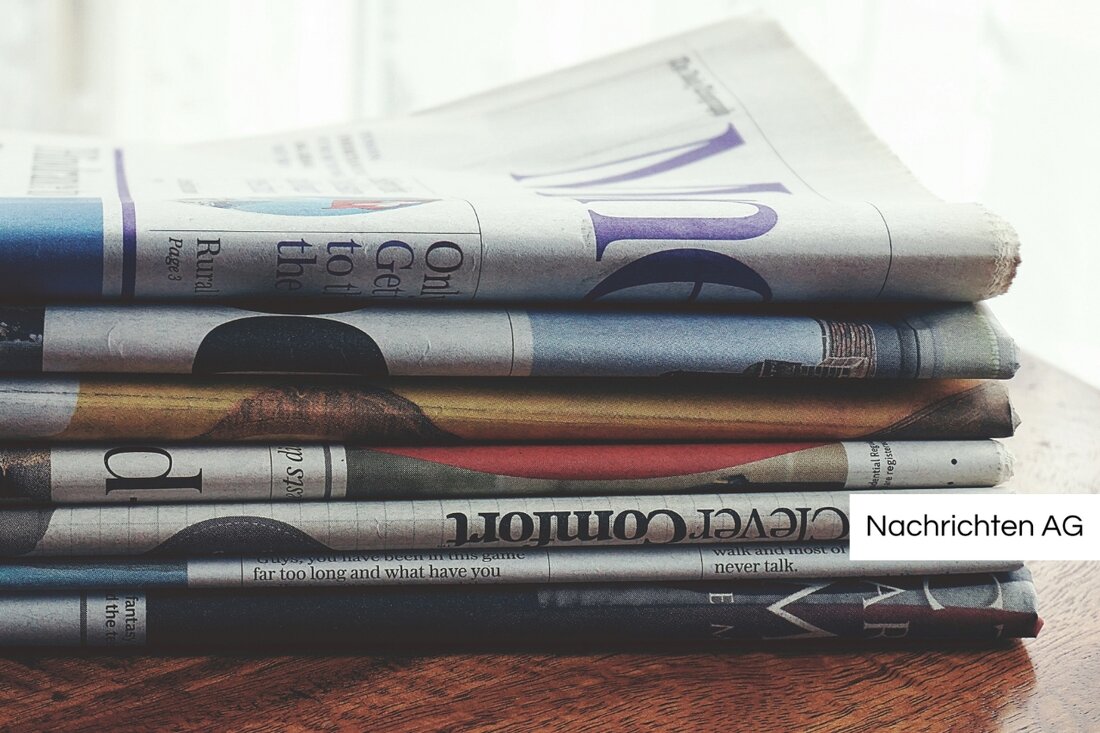Diversity in the classroom: Potsdam relies on intercultural teachers!
The University of Potsdam promotes intercultural teacher training through international projects and mobility elements for future teachers.

Diversity in the classroom: Potsdam relies on intercultural teachers!
The diversity in German classrooms is constantly increasing. Today around 40 percent of students in Germany have a migration background. This phenomenon presents schools with new challenges, particularly in relation to language and integration. Many students were born in Germany, while others fled conflict and now have to learn the language and come to terms with their traumatic experiences. In order to meet these needs, the University of Potsdam has reformed its teacher training and adapted it to increasing diversity.
As part of the “Lehramt.International” project, which has been funded by the DAAD since 2021, students can acquire intercultural qualifications. This is done through study visits abroad, internship-related experiences and international projects at the university. The second funding phase of the project has now begun, and the Center for Teacher Training and Educational Research (ZeLB) will increasingly focus on teaching future skills that are essential for a globalized world.
Challenges and opportunities of mobility
However, mobility studies show that teacher training students go abroad less often than students in other disciplines. Reasons for this are often concerns about delaying graduation, losing a job or family obligations. In order to counteract these challenges, short-term stays at partner universities and at German schools abroad should be promoted.
An example of international exchange is a mathematics education working group that traveled to Reykjavik to exchange experiences with Icelandic teachers. Students took part in internships in secondary schools and developed hybrid workshops. This opens doors for future teachers to gain intercultural qualifications and strengthen language skills. Language skills are crucial for successful intercultural understanding, as seminars with German schools abroad in Jakarta and Bogotá have shown.
An integrative approach
The initiative to improve teacher training takes place against the background of concrete social challenges. Since 2015, hundreds of thousands of people from Syria have sought refuge in Germany and surrounding countries. Universities in Germany as well as in Jordan and Lebanon work together to promote social work and ensure the integration of refugees. The project “Refugees, Host Communities and the Sustainable Development Goals” aims to create professional dialogues and promote intercultural skills in order to train multipliers for social work.
Another central point in the discussion about intercultural education is not only the integration of refugees, but also the recognition of cultural diversity in Germany. The German Cultural Council advocates a change of perspective in intercultural education that focuses on the opportunities for living together.
Promoting multilingualism and cultural education is crucial to creating an inclusive educational landscape that appeals to children and young people from different social backgrounds. Intercultural dialogues and exchange programs lay the foundation for a society that is strong in its diversity and able to meet the challenges of the future.
The DAAD project “UP Network for Sustainable Teacher Education” is based on the UN Sustainability Goals, which also focus on integration and social cohesion. The experiences from international cooperation show that respectful cooperation and exchange about cultural differences not only promote learning, but also mutual understanding.
The developments in the German educational landscape show that intercultural education is not just a theoretical concept, but a practical necessity that affects all areas of society. The challenges are great, but the opportunities to shape them together are promising.
University of Potsdam reports on developments in teacher training and the participation of universities in international projects.
DAAD provides information about intercultural exchange projects in the context of refugee issues and social work.
Federal Agency for Civic Education presents results on cultural education and the challenges of integration.

 Suche
Suche
 Mein Konto
Mein Konto